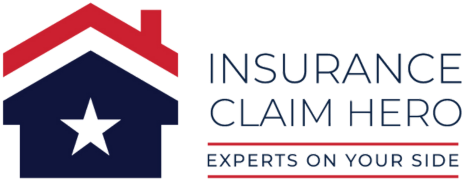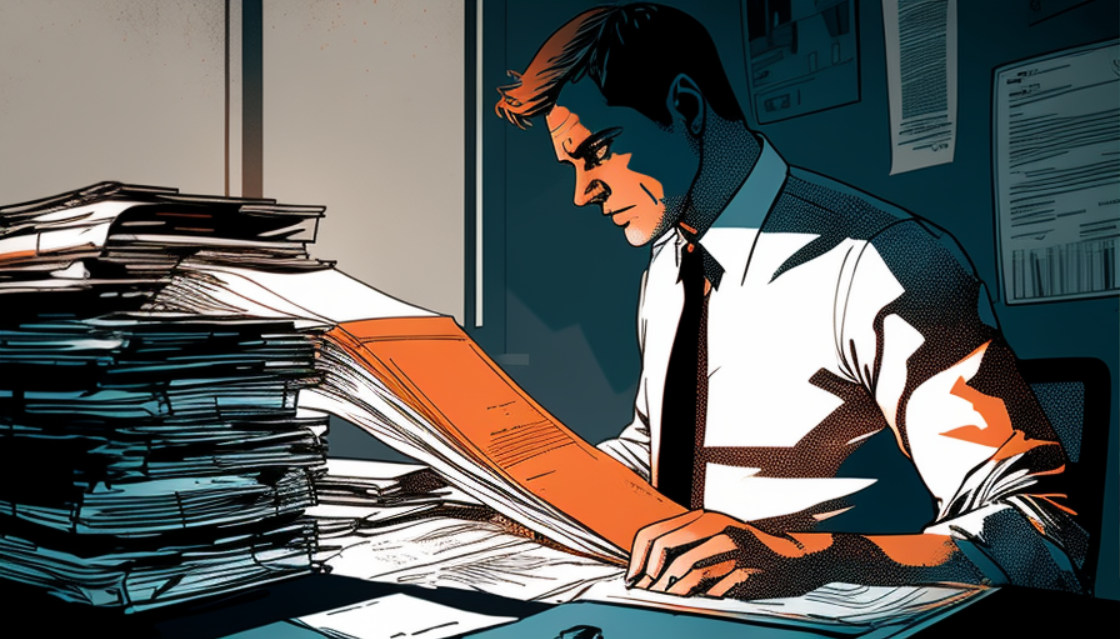Navigating the complexities of an insurance claim can often feel like traversing a labyrinth with no clear exit. Whether due to a natural disaster, property damage, or another unforeseen event, the aftermath leaves many homeowners and policyholders facing the daunting task of securing a fair and just settlement from their insurance company. In such situations, the expertise of a public adjuster becomes not just beneficial but essential. Public adjusters are independent professionals who advocate for the policyholder during the insurance claim process, aiming to ensure that you receive the maximum compensation entitled under your policy. This blog post aims to shed light on the critical steps and considerations for finding the best public adjuster to represent your interests and guide you through the claim process effectively.
Table of contents
Here are some tips and advice for finding the best public adjuster for your insurance claim:
Look for Licensed and Experienced Adjusters

Look for Licensed and Experienced Adjusters
The cornerstone of finding a competent public adjuster lies in verifying their licensure and evaluating their experience, especially in handling claims similar to yours. Here’s how to ensure you’re considering the right professionals for the job:
- Verify Licensure: The first step in choosing a public adjuster is to ensure they are properly licensed to practice in your state. Public adjusters are required to adhere to strict regulatory standards and obtain a license from the state insurance department. This licensure is a testament to their knowledge, ethics, and commitment to serving policyholders’ interests.
- Assess Experience: Experience matters significantly in the world of insurance claims. An adjuster well-versed in dealing with your specific type of claim can navigate the process more efficiently and is likely to anticipate potential pitfalls. Inquire about their track record, focusing on cases similar to yours, and ask for examples of settlements they’ve secured for their clients.
- Check References and Reviews: A reputable public adjuster should have no hesitation in providing references from past clients. Additionally, online reviews and testimonials can offer insights into their professionalism, effectiveness, and the quality of their service. Look for feedback that highlights their ability to communicate, negotiate, and ultimately, maximize claim settlements.
- Specialization: Some public adjusters specialize in certain types of claims, such as water damage, fire damage, or natural disasters. If your claim falls into a specific category, consider looking for an adjuster with a proven track record in that area. Specialized knowledge can be incredibly beneficial in addressing the nuances of your claim.
Choosing the best public adjuster is a pivotal decision that can significantly impact the outcome of your insurance claim. By focusing on licensure, experience, reputation, and specialization, you can narrow down your options to those professionals most capable of effectively representing your interests and securing the best possible settlement.
As we continue to explore the essential criteria and steps for selecting a public adjuster, remember that the goal is to find a partner who will advocate for you, clarify the complexities of the claims process, and strive to ensure that your rights as a policyholder are fully realized and respected.
Choose someone who is local

Choose someone who is local
Selecting a local public adjuster has its distinct advantages, especially when navigating the complexities of an insurance claim. Local adjusters are not just familiar with the community but also bring a nuanced understanding of the specific challenges and regulations that may affect your claim. Here’s why prioritizing locality in your selection can be beneficial:
- Local Knowledge and Expertise: Public adjusters who operate within your community have a deeper understanding of local building codes, construction costs, and the general landscape of insurance claims in your area. This knowledge can prove invaluable when it comes to accurately assessing damages and negotiating with insurance companies.
- Familiarity with Local Regulations: Every region has its own set of rules and regulations governing construction, repairs, and insurance claims. A local adjuster is more likely to be up-to-date with these regulations, ensuring that your claim complies with local laws, which can expedite the settlement process.
- Network of Local Professionals: Local adjusters often have a network of trusted contractors, engineers, and legal professionals they can call upon to support your claim. This can be crucial in ensuring high-quality repairs and in cases where additional expertise is needed to substantiate your claim.
- Personalized Service and Accessibility: A local adjuster can provide more personalized service, with the ability to quickly be on-site when needed. This accessibility can make a significant difference in the efficiency with which your claim is handled, especially if there are inspections, re-inspections, or urgent issues that need attention.
Ask about their fees

Ask about their fees
Understanding the fee structure of a public adjuster is critical before entering into an agreement. Public adjusters usually work on a contingency fee basis, meaning their payment is contingent upon the insurance payout. Here’s what you need to know about public adjuster fees:
- Contingency Fees: Most public adjusters charge a percentage of the claim settlement as their fee. This percentage can vary widely depending on the complexity of the claim, the amount of work required, and the adjuster’s experience. It’s important to discuss and agree upon this percentage upfront to avoid any surprises.
- Fee Caps: Some states have regulations that cap the percentage a public adjuster can charge. Familiarize yourself with your state’s regulations to ensure that the fees are within legal limits.
- Payment Expectations: Be clear about when the adjuster expects payment. Understanding whether the payment is due upon settlement of the claim, receipt of payment from the insurance company, or at another time is crucial for financial planning.
- Value for Service: While the fee is an important consideration, it’s also essential to weigh the adjuster’s potential value against their cost. A skilled and experienced adjuster may command a higher fee, but they can also significantly increase your settlement amount, making their services a worthwhile investment.
- No Recovery, No Fee: Confirm that the adjuster operates on a “no recovery, no fee” basis. This means if you don’t receive a settlement from your insurance company, the adjuster does not get paid. This arrangement aligns the adjuster’s interests with yours and can provide some reassurance of their commitment to your case.
Before committing to a public adjuster, ensure that you fully understand their fee structure and how it impacts your potential settlement. A transparent and fair fee agreement is foundational to a successful partnership with your public adjuster, ensuring that both parties are clear on the terms of engagement from the outset.
Evaluate their communication skills

Evaluate their communication skills
Effective communication is paramount when working with a public adjuster. The nature of insurance claims often involves intricate details and negotiations that require clear, ongoing dialogue between you and your adjuster. Here’s what to consider when evaluating a public adjuster’s communication skills:
- Responsiveness: Timely responses to your inquiries and concerns are crucial. An adjuster who promptly returns calls and emails demonstrates professionalism and respect for your situation. Initial interactions can be telling; note how quickly and effectively they respond to your initial queries.
- Clarity and Transparency: Look for an adjuster who explains complex insurance terms and the claims process in a way that’s easy to understand. They should be willing to provide clear, straightforward answers to your questions, ensuring you’re fully informed at every stage of the process.
- Regular Updates: A good public adjuster should keep you updated on the progress of your claim without you having to chase them for information. Discuss their policy on updates and ensure it aligns with your expectations for regular and informative communication.
- Empathy and Understanding: The best adjusters not only understand the technical aspects of your claim but also recognize the emotional and financial stress it may cause. An adjuster who listens to your concerns and addresses them thoughtfully can make the process significantly less stressful.
Evaluating an adjuster’s communication skills early on can help ensure a smoother, more collaborative relationship throughout the claims process.
Get referrals

Get referrals
Referrals are one of the most reliable methods for finding a reputable public adjuster. They can provide insights into an adjuster’s effectiveness, reliability, and customer service from people who have firsthand experience. Here’s how to go about getting and using referrals:
- Ask Within Your Network: Start by asking friends, family, or colleagues who have had similar insurance claims if they’ve used a public adjuster they were happy with. Personal referrals come with a level of trust and can provide candid insights into an adjuster’s performance.
- Industry Professionals: Real estate agents, contractors, or lawyers who specialize in property law often have connections with public adjusters and can provide recommendations. These professionals can offer referrals based on the adjuster’s reputation within the industry.
- Check Online Reviews and Testimonials: Websites, social media, and professional networks are good sources for reviews and testimonials about public adjusters. While online reviews should be taken with a grain of caution, a pattern of positive or negative feedback can provide valuable insights.
- Professional Associations: Many public adjusters are members of professional associations, which can be a source of referrals. These associations often have standards of practice and ethical guidelines that members are expected to adhere to.
- Interview and Ask for References: Once you have a shortlist of potential adjusters, don’t hesitate to ask them for references from previous clients. Reaching out to these references can provide you with a clearer picture of what to expect in terms of service, effectiveness, and overall experience.
Gathering referrals and doing your due diligence can significantly increase your chances of finding a public adjuster who is not only skilled and experienced but also a good fit for your specific needs and communication style.
Verify their credentials
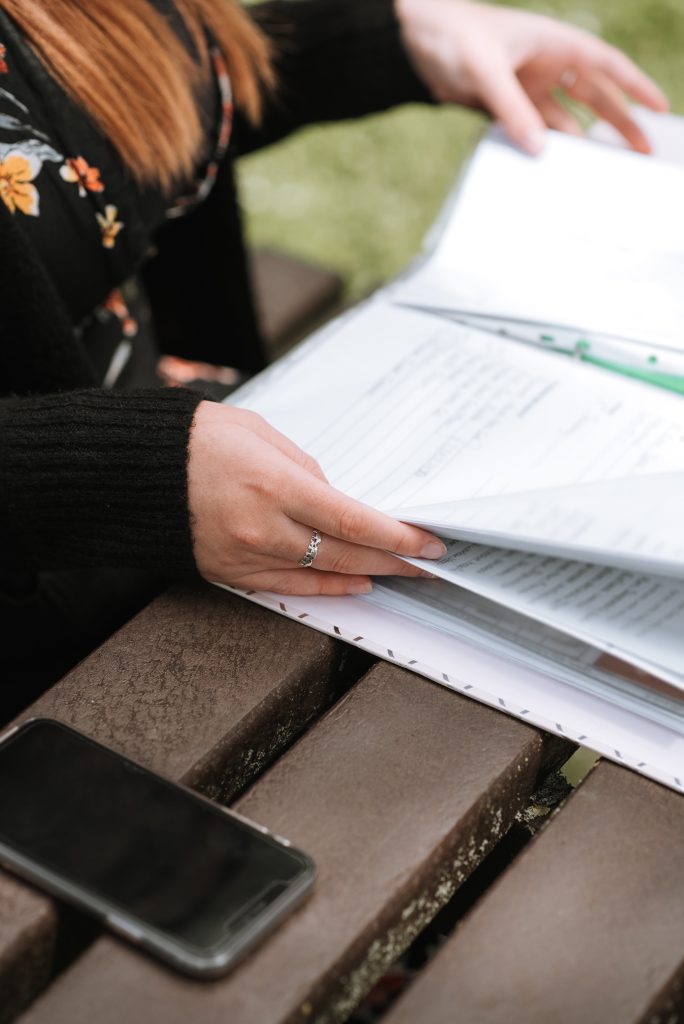
Verify their credentials
Before you finalize your decision to hire a public adjuster, taking the step to verify their credentials is essential. This ensures that the adjuster not only meets the legal requirements to practice but also upholds standards of professionalism and expertise. Here’s how to go about verifying a public adjuster’s credentials:
- Check for Licensing: The most fundamental credential for a public adjuster is their state license. Each state has its own requirements and regulatory body for licensing public adjusters. You can verify an adjuster’s licensing status through your state’s department of insurance or the appropriate regulatory agency. This step confirms that the adjuster is authorized to operate in your state and adheres to its regulatory standards.
- Professional Certifications: Beyond state licensing, some public adjusters pursue additional certifications that demonstrate a higher level of expertise and commitment to their profession. Certifications such as the Senior Professional Public Adjuster (SPPA) and the Certified Professional Public Adjuster (CPPA) are indicators of advanced knowledge and experience. Verify any claimed certifications directly with the issuing organizations.
- Membership in Professional Associations: Many reputable public adjusters are members of professional associations, such as the National Association of Public Insurance Adjusters (NAPIA) or state-specific associations. These organizations typically require members to adhere to a code of ethics and may offer additional training and resources. Membership can be a sign of the adjuster’s dedication to their field and ethical practice.
- Disciplinary Actions: It’s also wise to check if any disciplinary actions or complaints have been filed against the adjuster. This information can often be found through the same state regulatory agencies where licenses are verified. A history of disciplinary actions might raise red flags and warrant further investigation or consideration.
Conclusion
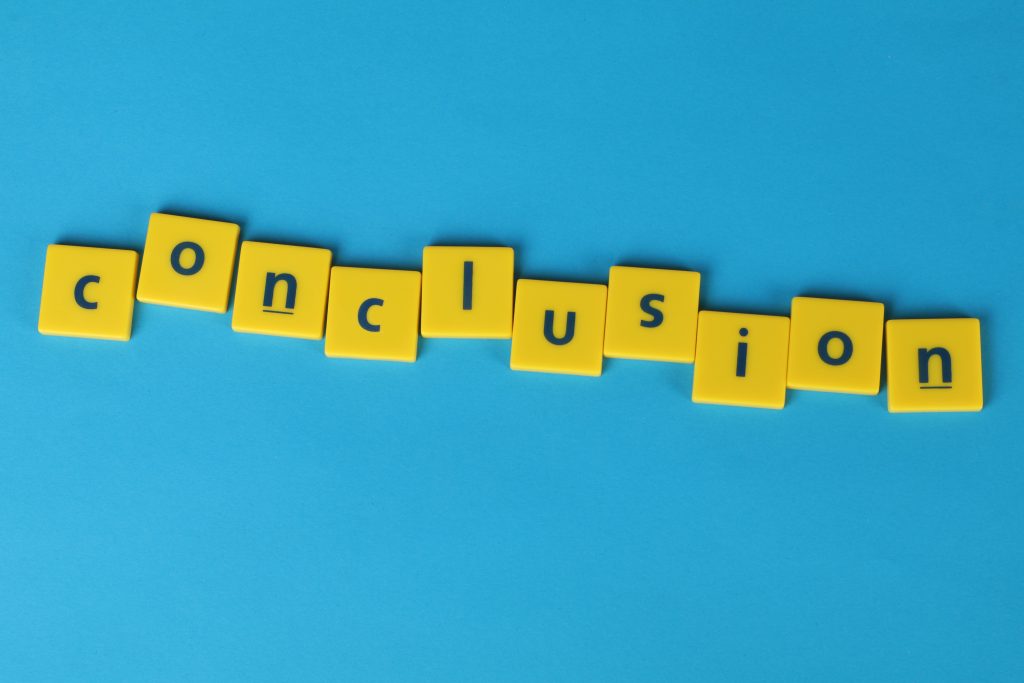
Conclusion
Finding the right public adjuster can significantly influence the outcome of your insurance claim. By taking the time to look for licensed and experienced professionals, prioritizing local adjusters, understanding fee structures, evaluating communication skills, seeking referrals, and verifying credentials, you can be confident in your choice of representative. A public adjuster not only advocates on your behalf but also navigates the complexities of the insurance claim process, aiming to secure the best possible settlement for you.
The process of dealing with insurance claims can be daunting, especially in the aftermath of property damage or loss. However, with the right public adjuster by your side, you gain an ally equipped with the knowledge, skills, and dedication needed to champion your cause. Remember, the goal is not just to settle your claim but to ensure you are justly compensated according to the terms of your insurance policy. By following the guidance outlined in this blog post, you’re taking a proactive step towards protecting your rights as a policyholder and moving closer to a fair and satisfactory resolution of your claim.
FAQ
Public adjusters must be licensed to practice in your state. Verify their licensure through your state’s insurance department or regulatory agency.
Look for adjusters experienced in handling claims similar to yours. Inquire about their track record and ask for examples of settlements they’ve secured for clients.
Specialized adjusters focus on specific types of claims, such as water damage or natural disasters. Consider a specialist for expertise tailored to your claim’s nuances.
Local adjusters have knowledge of community regulations, networks of local professionals, and provide personalized service with easy accessibility.
Understand the fee structure, including contingency fees, fee caps, payment expectations, and the “no recovery, no fee” policy.
Assess responsiveness, clarity, transparency, and empathy in their communication to ensure effective collaboration throughout the claims process.
Seek referrals from friends, family, industry professionals, online reviews, and professional associations. Interview potential adjusters and ask for references.
Check their state license, look for professional certifications, confirm membership in reputable associations, and investigate any disciplinary actions.
